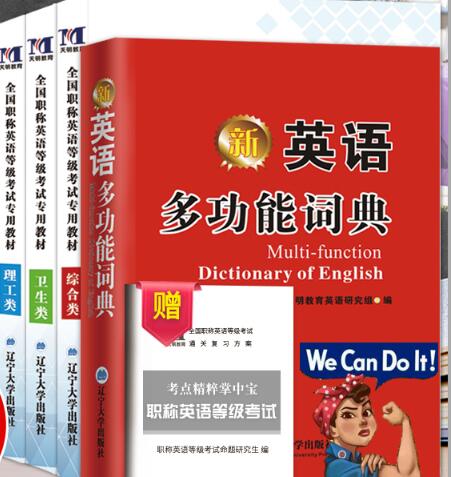What is a bad habit? The most common definition is that it is something that we do regularly, almost without thinking about it, and which has some sort of negative consequence. This consequence could affect those around us, or it could affect us personally. Those who deny having bad habits are probably lying. Bad habits are part of what makes us human.
Many early habits, like sucking our thumb, are broken when we are very young. We are either told to stop doing it by our parents, or we consciously or subconsciously observe that others do not have the same habit, and we gradually grow out of it. It is when we intentionally or unintentionally pick up new habits in our later childhood or early adulthood that it becomes a problem. Unless we can break that habit early on, it becomes “programmed” into our brain.
A recent study of human memory suggests that no matter how hard we try to change our habits, it is the old ways that tend to win, especially in situations where we are rushed, stressed or overworked. Habits that we thought we had got rid of can suddenly come back. During the study programme, the researchers showed a group of volunteers several pictures, and gave them words to associate with them. They then showed the volunteers the same pictures again, and gave them new words to associate with them.
A few days later, the volunteers were given a test. The researchers showed them the pictures, and told them to respond with one of the words they had been given for each one. It came as no surprise that their answers were split between the first set of words and the second. Two weeks later, they were given the same test again. This time, most of them only gave the first set of words. They appeared to have completely forgotten the second set. The study confirms that the responses we learn first are those that remain strongest over time. We may try to change our ways, but after a while, the response that comes to mind first is usually the first one we learned. The more that response is used, the more automatic it becomes and the harder it becomes to respond in any other way.
The study therefore suggests that over time, our bad habits also become automatic, learned behaviour. This is not good news for people who picked up bad habits early in life and now want to change or break them.
Even when we try to put new, good intentions into practice, those previously learned habits remain stronger in more automatic, unconscious forms of memory.
单选题第1题If we develop bad habits early in life, they are harder to get rid of.
A.Right
B.Wrong
C.Not mentioned
参考答案:A
单选题第2题The volunteers found the test more difficult when they did it the second time.
A.Right
B.Wrong
C.not mentioned
参考答案:C
单选题第3题Boys usually develop bad habits when they are very young.
A.Right
B.Wrong
C.not mentioned
参考答案:C
单选题第4题Bad habits may resume when we are under pressure.
A.Right
B.Wrong
C.not mentioned
参考答案:A
单选题第5题The study suggests that it is more difficult to respond to what we learn first.
A.Right
B.Wrong
C.not mentioned
参考答案:B
单选题第6题We can only break bad habits if others tell us to do.
A.Right
B.Wrong
C.not mentioned
参考答案:B
单选题第7题Researchers were surprised by the answers that the volunteers gave in the first test.
A.Right
B.Wrong
C.not mentioned
参考答案:B
- 02-10·One of the responsibilities
- 02-10·Excessive Demands
- 02-10·Difficult to Have Hard
- 02-09·The city government
- 02-09·Do we have to
- 12018-01-24All houses within
- 22018-01-12"Lucky" Lord Lucan
- 32018-01-08All the walls in the
编辑推荐
- 模拟试题
- 历年真题

